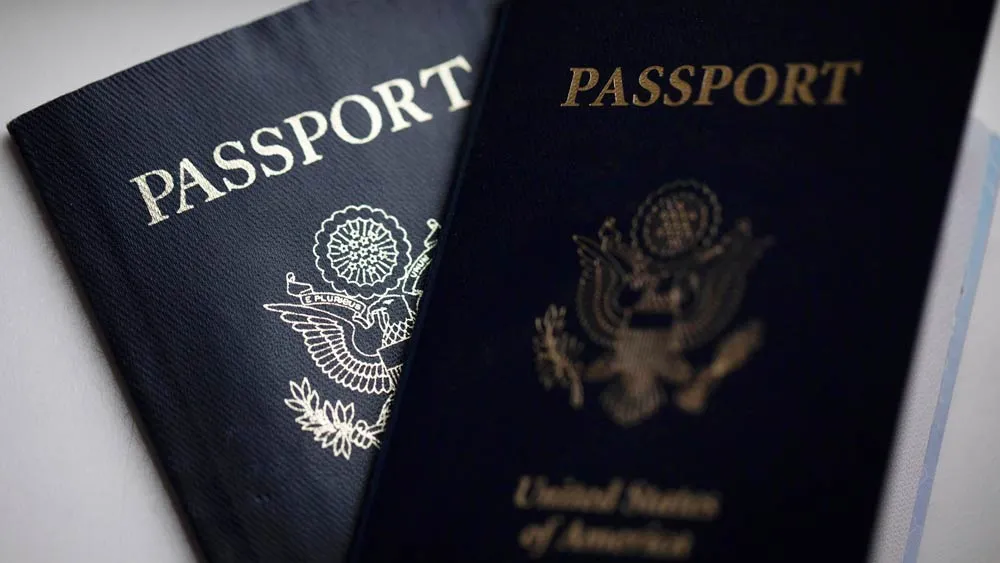February 15, 2013
Gay Marriage Support Has Risks For GOP Lawmakers
Jason St. Amand READ TIME: 4 MIN.
As more state legislatures around the country consider whether to legalize same-sex weddings, an analysis of gay marriage votes in eight states shows that Republican lawmakers who backed it often faced consequences - including loss of their seats.
According to roll call votes analyzed by The Associated Press, in the eight times nationwide that state legislatures voted for gay marriage, just 47 Republicans bucked the party line out of many hundreds who voted against it.
A vote to allow gay marriage in Minnesota has recently grown more likely in its Legislature, and could come as early as this spring. In Illinois, the state Senate voted 34-21 on Thursday to legalize gay marriage, sending the measure on to the state House. In Rhode Island, a gay marriage bill passed last month by the House awaits a Senate vote. Similar pushes could surface soon in Delaware, Hawaii and New Jersey.
In Minnesota, majority Democrats don't necessarily need Republican votes to pass gay marriage. But a bipartisan effort would improve its chances, because some Democrats from rural areas are nervous about how a vote for gay marriage might be received by their socially conservative constituents. Democratic leaders are also leery of a party-line vote for gay marriage, after years of accusing Republicans of fixating on social issues at the expense of the state's economy.
Still, Republican lawmakers in Minnesota and elsewhere who are inclined to back gay marriage face clear risks.
It was largely responsible for my loss," said Jean White, a former Republican state senator in Colorado whose 2011 vote for civil unions became an issue in a primary challenge by a fellow Republican. In that contest, a Virginia-based conservative group mailed flyers that showed two men kissing and the title: "State Senator Jean White's Idea of 'Family Values?'"
Of the 47 Republican legislators nationwide who voted yes starting in 2009, only 21 are in office today. In New York, only one of four Republican senators who supported gay marriage is still in the Legislature. One lost a primary, one retired and one lost the general election after narrowly winning a bitter primary. A New Hampshire Republican representative lost a primary after her 2009 vote for gay marriage, and in Maryland the former Senate Republican leader relinquished his leadership post when he started working with Democrats on a gay marriage bill that passed last year.
"I got a lot of flak, a lot," said that senator, Allan Kittleman. He's planning to leave the Senate this year to run for a county office instead. In Illinois, only one Republican senator out of 19 voted for gay marriage Thursday.
In Washington, which passed gay marriage in 2012, two of six Republicans who backed the bill are no longer in office.
"One of my colleagues swore at me on the floor of the Senate during the vote," said Cheryl Pflug, a former Washington senator. "It was very difficult. It was kind of like an Amish shunning."
Several Republicans who voted yes said they're still secure in their personal conviction. White, the former Colorado senator, said two of her brothers have gay children. Pflug said she got to know gay colleagues at the Capitol and learned their lives were little different than hers. Kittleman cited his own father, a state senator in the 1960s who was a Republican trailblazer on civil rights for blacks.
Such dilemmas now loom for Minnesota Republican lawmakers. Legal gay marriage, until recently a longshot in Minnesota, has grown more likely in recent weeks. Gov. Mark Dayton is a vocal supporter, and Democratic legislative leaders have said they wouldn't block the bill. A crowd of more than a thousand pro-gay marriage activists gathered at the Capitol in St. Paul on Thursday for a rally, with Democratic lawmakers and religious leaders arguing that last fall's defeat of the gay marriage ban cleared the path to legalize it. No GOP lawmakers were at the rally.
Minnesota's Legislature has 29 Republican lawmakers who represent House or Senate districts that voted against the proposed gay marriage ban. Many are reluctant to say how they might vote on legalizing it, including Jenifer Loon of socially moderate Eden Prairie, the second-ranking House Republican.
"I'm not drawing any lines in the sand," said Sen. Carla Nelson, a Republican whose Rochester district voted against the amendment.
Autumn Leva, spokeswoman for Minnesota for Marriage, the group fighting the bill, said she expected Republicans who stray would risk conservative primary challengers backed by national groups opposed to gay marriage.
Pflug argued that the party's rigid stance on the issue is costing it votes from young people, suburban women and other demographics.
"I think a lot of conservative elected Republicans are going to go down with the ship on this one," Pflug said. "I think the Republican Party is at a crossroads."


